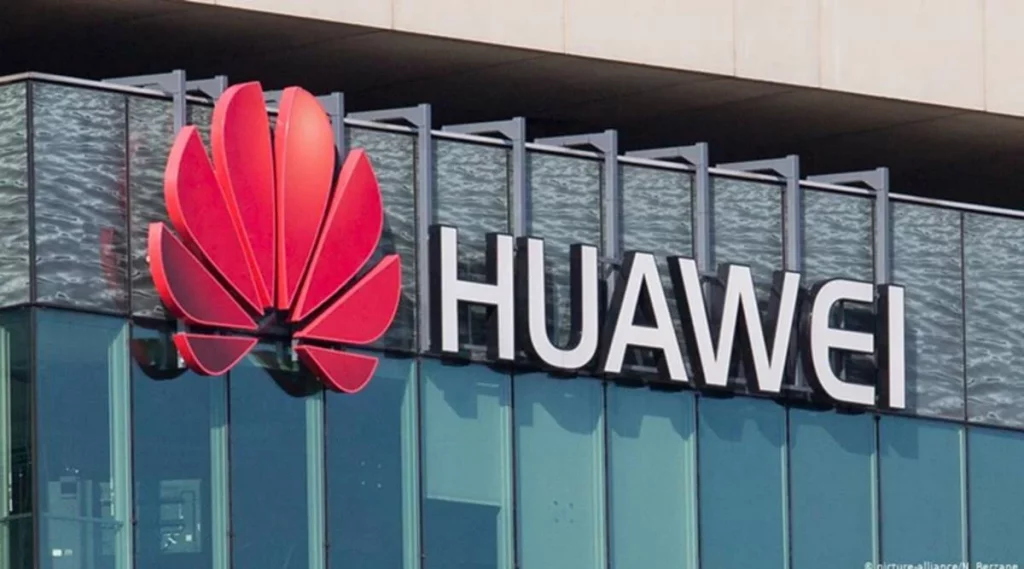The US has already imposed trade sanctions on Huawei aiming to prevent the supply of cutting-edge chip-building equipment and technologies to the company. However, according to reports, Huawei is working on developing its own chip-building tools and technologies to overcome the chip supply issues and create a self-sufficient chip network.

FCC now focuses on the test labs and certification bodies
The Federal Communications Commission (FCC) is now planning to prevent Huawei, ZTE, and other foreign companies (that are considered potential threats to the US) from influencing the telecommunications certification bodies and test labs that are used to certify wireless devices heading to the US.
The FCC is reportedly planning to vote on a bipartisan proposal this month to ensure the above. It could prevent Huawei and other entities on an FCC list of companies from playing any role in the equipment authorization program.
FCC Chair Jessica Rosenworcel said in a statement the agency “must ensure that our equipment authorization program and those entrusted with administering it can rise to the challenge posed by persistent and ever-changing security and supply chain threats.”
Huawei was also recognized as an accredited lab by the US, which expired on Tuesday. The FCC has reportedly denied the request of the Huawei lab to extend the recognition. The FCC banned approvals of new telecommunications equipment from Huawei, ZTE, Hytera Communications, and some other Chinese companies.
Huawei and Hikvision were placed on a U.S. export control list in 2019. It restricted most U.S. suppliers from conducting business with them without obtaining licenses. Additionally, in 2020, the FCC designated Huawei and ZTE as national security threats to communications networks. It prevented US companies from accessing an $8.3 billion government fund for purchasing equipment from these companies.
The point of this development, according to FCC Commissioner Brendan Carr, is to “ensure that the test labs and certification bodies that review electronic devices for compliance with FCC requirements are themselves trustworthy actors that the FCC can rely on.”
Related:
- Get $100 OFF on Xiaomi 14 Pro at Giztop (1TB Variant)
- Lenovo Legion Y700 2024: Latest Gaming Tablet with Enhanced Display now available at Giztop
- REDMAGIC Magnetic VC Cooler 5 Pro now available at a discounted price at GeekWills
- HyperOS Update Is Available for These Xiaomi, Redmi, and Poco Devices in India
(Via)







